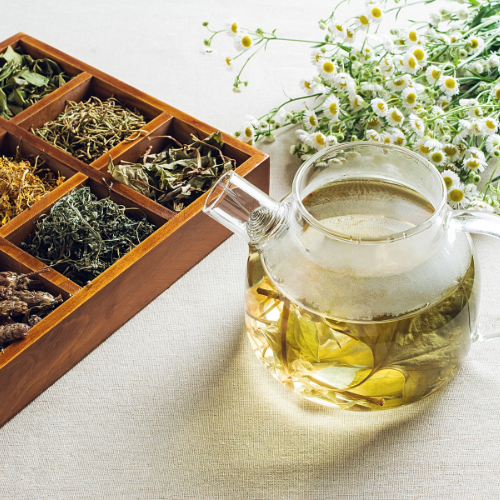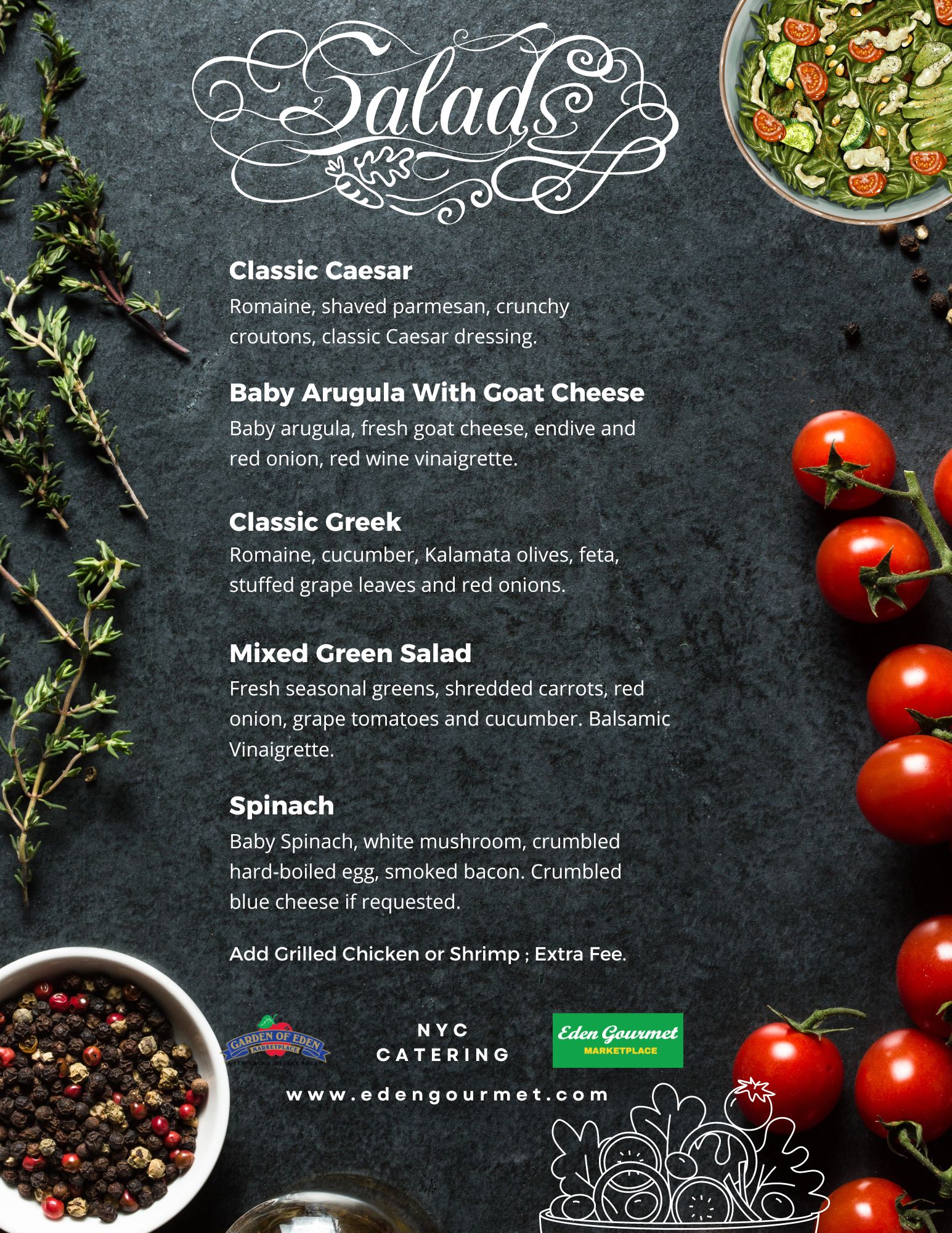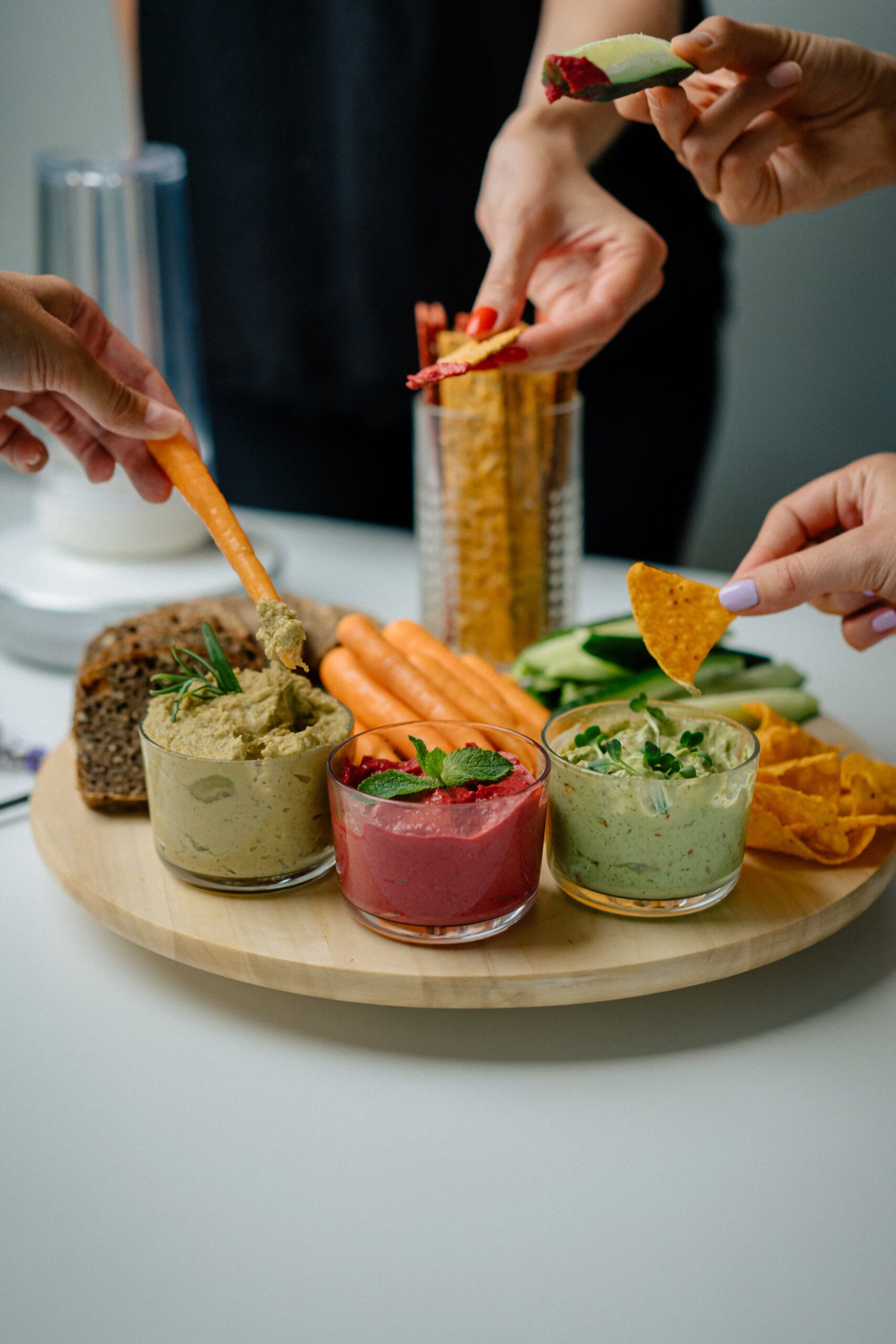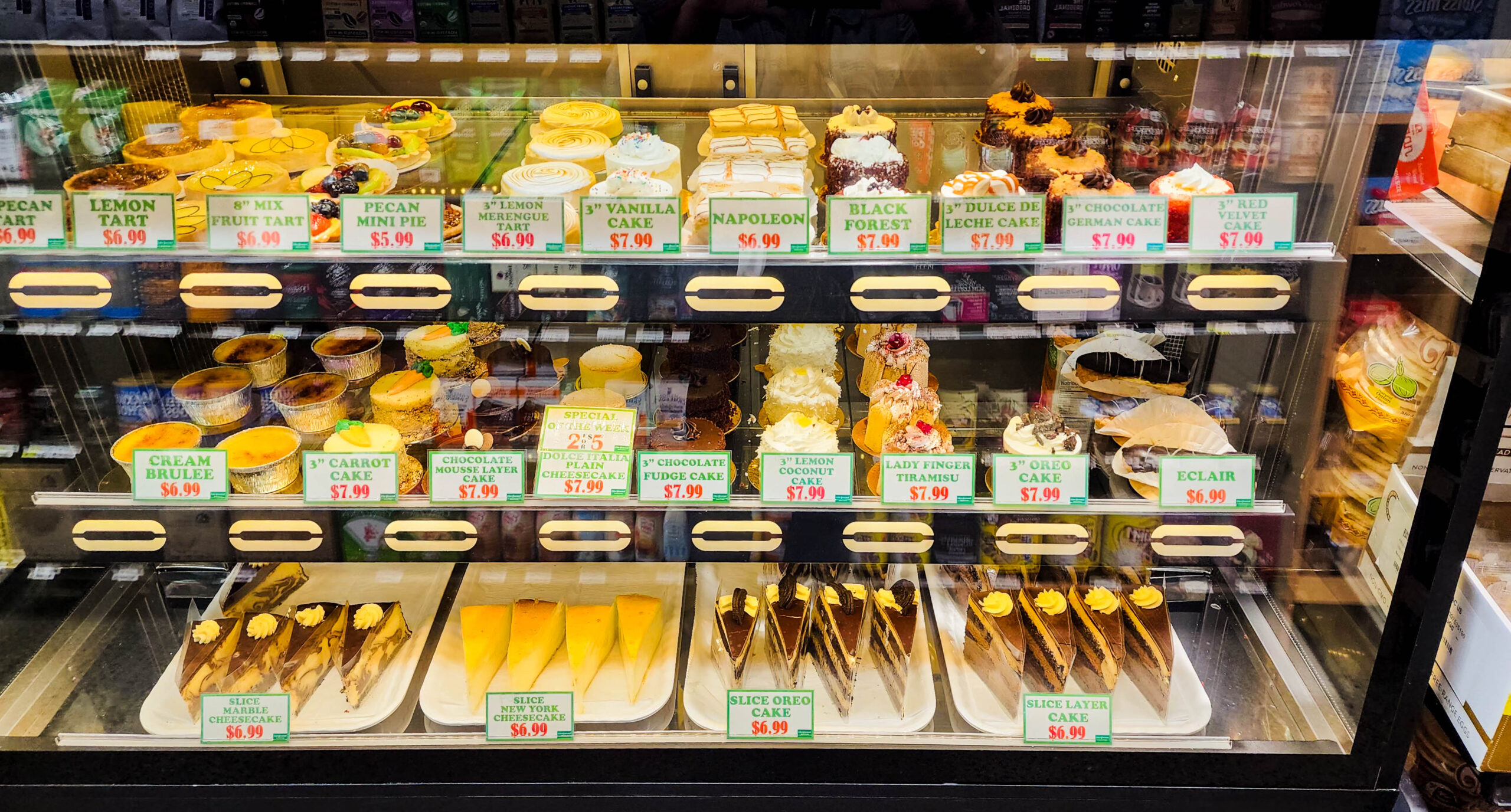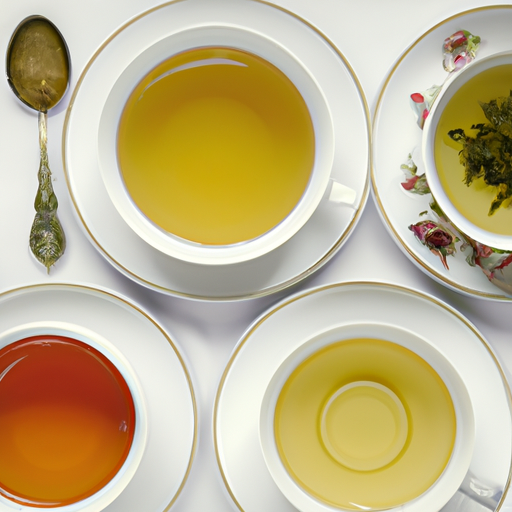Share This Story, Choose Your Platform!
Herbal teas have been enjoyed for centuries for their soothing and healing properties. Made from a variety of plants, herbs, and flowers, these natural beverages offer a wide range of health benefits and flavors. Unlike traditional teas, which are made from the leaves of the Camellia sinensis plant, herbal teas are caffeine-free and can be enjoyed at any time of day. From calming chamomile to invigorating peppermint, there is a herbal tea for every mood and ailment.
One of the key benefits of herbal teas is their ability to support overall health and well-being. Many herbs used in herbal teas are rich in antioxidants, which help to protect the body from free radicals and reduce inflammation. For example, green tea is known for its high levels of catechins, a type of antioxidant that has been linked to a reduced risk of chronic diseases such as heart disease and cancer. Other herbs, such as ginger and turmeric, have anti-inflammatory properties that can help to alleviate pain and reduce swelling.
In addition to their antioxidant properties, herbal teas are also known for their calming and soothing effects on the body and mind. Herbs like chamomile, lavender, and valerian root have been used for centuries to promote relaxation and improve sleep quality. These herbs can help to reduce anxiety, stress, and insomnia, making them a popular choice for those looking to unwind after a long day.
Overall, herbal teas offer a natural and delicious way to support your health and well-being. Whether you’re looking to boost your immune system, improve digestion, or simply relax and unwind, there is a herbal tea out there for you.
The Health Benefits of Herbal Teas: From Immune Support to Digestive Aid
Herbal teas are not only delicious but also offer a wide range of health benefits. From boosting the immune system to aiding digestion, these natural beverages can help to support overall health and well-being. One of the key benefits of herbal teas is their ability to strengthen the immune system. Many herbs used in herbal teas, such as echinacea, elderberry, and astragalus, are known for their immune-boosting properties. These herbs can help to ward off colds and flu, reduce the severity of symptoms, and shorten the duration of illness.
In addition to supporting the immune system, herbal teas can also aid digestion and promote gut health. Herbs like peppermint, ginger, and fennel have been used for centuries to alleviate digestive issues such as bloating, gas, and indigestion. These herbs can help to soothe the digestive tract, reduce inflammation, and improve overall gut health. For example, peppermint tea has been shown to relax the muscles of the digestive tract, making it easier for food to pass through and reducing symptoms of irritable bowel syndrome (IBS).
Furthermore, herbal teas can also help to regulate blood sugar levels, reduce inflammation, and improve cardiovascular health. For example, hibiscus tea has been shown to lower blood pressure and cholesterol levels, while cinnamon tea can help to stabilize blood sugar levels and reduce the risk of diabetes. By incorporating a variety of herbal teas into your daily routine, you can support your health and well-being in a natural and delicious way.
Exploring the World of Natural Beverages: Beyond Tea, Coffee, and Soda
While herbal teas are a popular choice for those looking to enjoy natural beverages, there are many other options to explore beyond tea, coffee, and soda. From fruit-infused waters to homemade kombucha, the world of natural beverages is vast and diverse. One popular option is fruit-infused water, which involves adding fresh fruits, herbs, and spices to water to create a refreshing and flavorful drink. Not only does fruit-infused water taste delicious, but it also provides a natural source of vitamins, minerals, and antioxidants.
Another popular natural beverage is kombucha, a fermented tea drink that is rich in probiotics and beneficial bacteria. Kombucha has been consumed for centuries for its health benefits, which include improved digestion, immune support, and increased energy levels. Making your own kombucha at home is a fun and rewarding process that allows you to experiment with different flavors and ingredients.
In addition to fruit-infused water and kombucha, there are many other natural beverages to explore, such as herbal tonics, smoothies, and homemade lemonade. By incorporating a variety of natural beverages into your daily routine, you can stay hydrated, support your health, and enjoy delicious flavors without the added sugars and artificial ingredients found in many commercial drinks.
How to Brew the Perfect Cup: Tips and Tricks for Enjoying Herbal Teas and Natural Beverages at Home
Brewing the perfect cup of herbal tea or natural beverage is an art form that requires patience, attention to detail, and a bit of experimentation. Whether you prefer a strong and robust brew or a light and delicate infusion, there are a few key tips and tricks to keep in mind when brewing herbal teas and natural beverages at home. One of the most important factors to consider when brewing herbal teas is water temperature. Different herbs and teas require different water temperatures to extract their full flavor and health benefits. For example, delicate herbs like chamomile and hibiscus should be steeped in water that is just below boiling, while robust herbs like ginger and turmeric can withstand higher temperatures.
Another important factor to consider is steeping time. Steeping herbal teas for too long can result in a bitter and unpleasant taste, while steeping for too short a time may not extract enough flavor and health benefits. It’s important to follow the recommended steeping times for each herb or tea to achieve the perfect balance of flavor and health benefits.
Furthermore, the quality of the ingredients you use can greatly impact the flavor and health benefits of your herbal tea or natural beverage. Whenever possible, choose organic and high-quality herbs, fruits, and spices to ensure a delicious and nutritious drink. Experimenting with different flavor combinations and ingredients can also help you discover new and exciting herbal teas and natural beverages to enjoy.
In conclusion, brewing the perfect cup of herbal tea or natural beverage is a rewarding and enjoyable experience that allows you to explore the diverse world of flavors and health benefits that nature has to offer. By following these tips and tricks, you can create delicious and nourishing drinks that support your health and well-being in a natural and sustainable way. Cheers to enjoying the ultimate guide to herbal teas and natural beverages!

